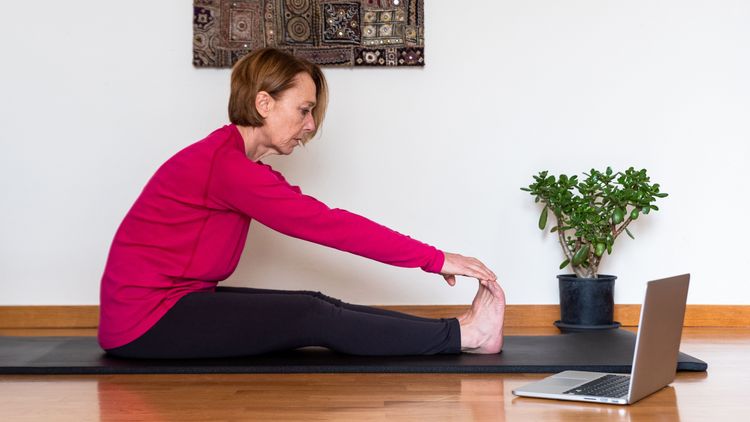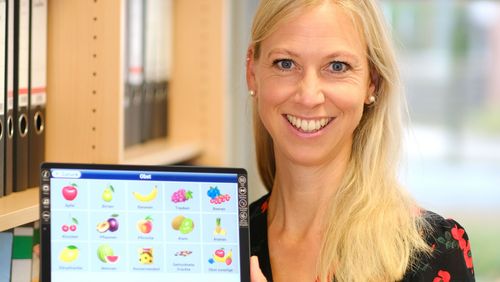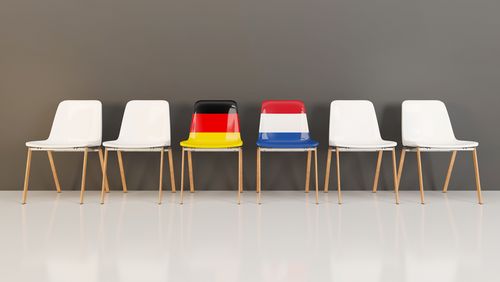Physiotherapy via video conferencing? In the coronavirus crisis, older people in particular have been left with no other option. Scientists at the Department for Health Services Research are investigating the effectiveness of this approach in a new study.
Professionally guided physiotherapy at home is now possible after Germany’s national health insurance associations and National Association of Statutory Health Insurance Funds gave the green light for virtual physiotherapy services. This means that physiotherapists can provide care for their patients via video conferencing. In a study titled the ConVideo study, two teams of researchers led by Prof. Dr. Andreas Hein of the Assistance Systems and Medical Technology Department and Prof. Dr. Tania Zieschang of the Geriatrics Department are investigating how well this works in practice.
Many older patients are currently facing a dilemma: on the one hand they are supposed to avoid physical contact and leave home as little as possible. On the other hand, it is especially important for the elderly to keep moving in order to stay agile, maintain muscle strength and boost the immune system. Yet the fear of infection has caused many patients, including those who have been prescribed physiotherapy by their doctor, to stop attending their sessions.
Video-based physiotherapy sessions are aimed especially at this group of persons. To find out whether expectations are being fulfilled, Hein, Zieschang and their teams are accompanying physiotherapists and their patients over a six-week period. In phone interviews of around 45 minutes’ duration, participating patients answer questions about their state of health and their experiences with this form of therapy. At the same time, participating physiotherapists document how successful the video-based therapy was from their point of view.
Tablet computers for test persons
One challenge for video-based physiotherapy is the fact that many older people lack access to the technical equipment required for this form of treatment. For the Oldenburg study, however, this does not pose a problem: the researchers provide patients with tablets featuring video-conferencing software via a contactless delivery procedure, explain how to use the devices, and answer any technical questions. All the tablets feature SIM cards, so patients don’t need a WiFi connection to participate in the study. Tablets can also be supplied to physiotherapy centres if necessary.
With the study, the scientists hope to establish what problems occur during video-based physiotherapy, for which physiotherapeutic measures it is particularly well-suited, and how patients and therapists rate the virtual services. In addition, the teams led by Hein and Zieschang are also interested in the question of how the restrictions imposed during the coronavirus pandemic affect the volunteers’ state of health. The first results of the study are due to be published in autumn 2020.






